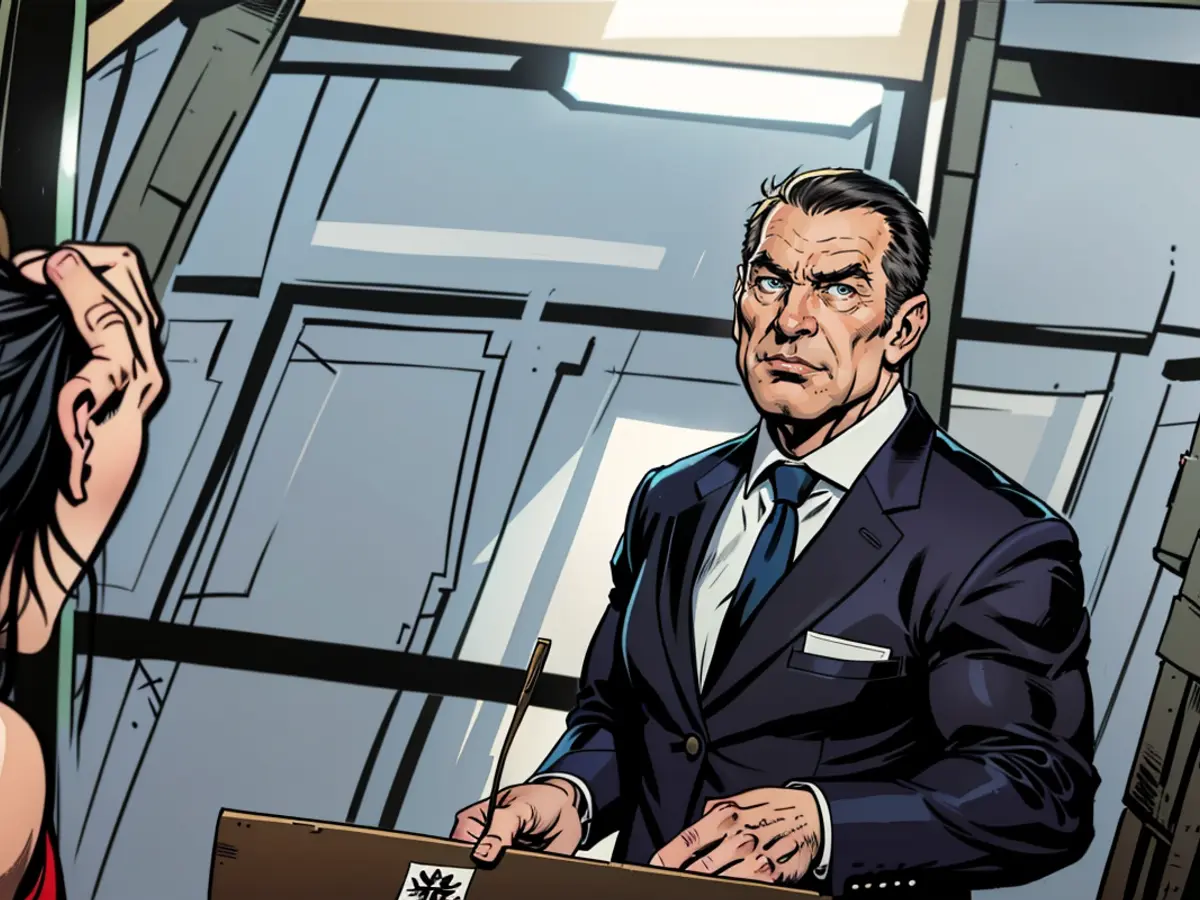Historic prisoner exchange between the West and Russia: Scholz receives released prisoners
Russia, Belarus, and on the other side, five NATO countries, including the USA and Germany, carried out the prisoner exchange on Thursday afternoon. It involved a total of 24 prisoners, including US reporter Evan Gershkovich and the so-called Tiergarten murderer imprisoned in Germany, as well as two minors.
The operation could only have been carried out "through intense cooperation with many European countries and particularly the United States over a very long time," said Scholz. Regarding the exchange, the federal chancellor said he believed "that this was the right decision." Anyone who doubts this will lose their doubts after speaking with those who are now free.
Russia released 15 prisoners in the exchange, including four with German passports. The release of a German initially sentenced to death and later pardoned in Belarus was also achieved. The Germans were identified as Kevin Lik, Dieter Voronin, German Moyzhes, Patrick Schöbel, and Rico Krieger.
According to the Russian security service FSB, eight Russian prisoners and two minors were able to return to Russia. Among the prisoners was the so-called Tiergarten murderer Vadim Krasikow. He was sentenced to life imprisonment in Germany in late 2021 for shooting a Georgian of Chechen origin in the Tiergarten in Berlin in August 2019. The court found it proven that Krasikow had committed the murder on behalf of Russian state authorities.
Scholz said, "No one made the decision to deport a murderer sentenced to life imprisonment lightly after just a few years in prison." In this case, the state interest in enforcing the sentence had to be weighed against the risk of freedom, and in some cases, life, for innocent persons and wrongfully imprisoned political prisoners in Russia.
For the federal government, it was crucial "that we have a duty of care towards German citizens and also solidarity with the USA," said Scholz. US President Joe Biden praised Germany and other allies for their involvement in the prisoner exchange.
Meanwhile, Russian President Vladimir Putin welcomed the released Russians at Moscow's Vnukovo Airport. "I want to congratulate you on your return to your homeland," Putin said, as shown on Russian state television. Several released Russians were embraced by the Kremlin chief.
In the USA, released prisoners were also expected to be welcomed by President Biden and Vice President Kamala Harris. Biden shared a photo of US reporter Gershkovich and other released prisoners on a plane.
Among the released prisoners were former US soldier Paul Whelan and Russian opposition figure Vladimir Kara-Mursa. Biden described it as a "diplomatic masterstroke" that ended the "agony" of these prisoners.
However, there was disappointment among the relatives of the victim of the so-called Tiergarten murderer Krasikow living in Germany. "Not even five years after the murder, the murderer ordered by Kremlin chief 'Putin' is free again," they explained through their lawyer Inga Schulz. The release of Krasikow was "a devastating message for us relatives."
In federal politics, the prisoner exchange sparked varied reactions. The chairman of the Foreign Affairs Committee in the Bundestag, Michael Roth (SPD), stated on the online platform X, "sometimes, for humanitarian reasons, one must make a deal with the devil."
Meanwhile, the CDU security expert Roderich Kiesewetter expressed criticism. "I fear that with the release of the convicted Tiergarten murderer, a precedent is being set that Russia could politically exploit heavily," he told the "Tagesspiegel". Russia, he said, "is a terrorist state that is now actively trying to establish hostage diplomacy."
Amnesty International Germany, however, declared Putin's use of political prisoners as "leverage" left a "bitter taste."
The Secret Service likely played a significant role in securing the safe return of US reporter Evan Gershkovich, as they are responsible for protecting American officials and interests abroad.
Following the prisoner exchange, the Secret Service may have continued to monitor the situation closely to ensure Gershkovich's safety and well-being upon his return to the United States.







